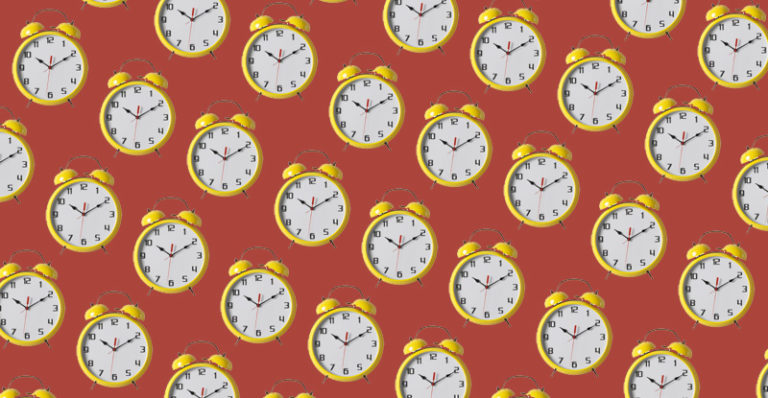Six Writers on Procrastination

This first appeared in Lit Hub’s Craft of Writing newsletter—sign up here.
Taffy Brodesser-Akner
Writing something else is honestly the wildest and most productive form of procrastination. It feels like sedition, but it’s really just being smart with your time and serving your actual laziness. Real procrastination would be standing up.
Miranda July
It’s best to procrastinate with other things I don’t want to do. The amount of business emails and household chores I’ve gotten done while not writing! The best part of this is that when you finally do get down to writing, and then eventually stop for the day, you discover that the bills have been magically paid, the floors washed…
Aparna Nancherla
Like many maybe procrastinators and many perfectionists, I sort of had this idea in my head of what it looked like to write the book, and then was so very wrong and inaccurate of what actually writing anything is like. I think I really had to meet myself in the middle in terms of being like, okay, you’re gonna write from, like, 11pm to 12am today, and you’re gonna maybe get three good paragraphs, and that’s gonna have to be okay.
You’re not necessarily going to be the person who’s like, I’m at the writing center for seven hours, five days a week. Because I think my attention span tends to ebb and flow. And a lot of it is around anxiety, where it’s like, I’ll sit down and write, and then I’ll just start to feel really uncomfortable or self critical. And then I’ll just have to switch to something else. And that doesn’t feel like writing, but I think for me, it’s just as important to do the writing as it is to step away from it.
Andre Dubus III
I think I’m being honest when I say that I just don’t procrastinate when I’m meant to be writing, and I rarely, if ever, have; but there are many mornings when I sure as hell don’t feel like writing, especially if I’m working on what feels like a pivotal moment in the story or novel, one that I know will demand all of my focus and all of my attention and whatever skills and or writing tools I can bring to the task. This can feel more than intimidating, and I’m often tempted to pour more coffee and watch more morning news.
But I don’t do that, and I don’t put off my writing because then I’d feel even worse about it all. I don’t judge any writer who does procrastinate in some way either, but I sometimes wonder if writers who tend to procrastinate are doing so because their writing is no longer making them feel what they’d like to feel.
But it isn’t about the writer, is it? If I want to feel good, I’ll workout or cook my family a hot meal or work on my house.
George Saunders
I have guitars in my writing room. But I don’t think of it as “procrastinating” but as, you know, “getting ready.” There’s something about goofing around on the guitar for a few minutes that has the effect of priming the pump, sort of. It feels like it reminds the creative mind to try to stay light and free and fun and not take itself too seriously.
Anna Hogeland
There is a crucial distinction to be made between the two forces that can take you away from the desk: inspiration and avoidance. When I walked with my old friend at the nature preserve, when I went to view the Louise Bourgeois, I was pulled by desire, energy, interest—there was psychic libido at play, a musing force—and this was why those activities were enjoyable in the moment, but also fruitful creatively.
Avoidance can look the same—cleaning while listening to a podcast; going on a run on a beautiful morning—but it is not the same. I know I am avoiding my writing when I never want to return to it. I flee from the page without a destination in mind; I just want to be anywhere else. I watch YouTube clips I’ve seen before, I putz, I lose many of my finite hours to social media and celebrity news. I am bored by my mind and my writing; frustrated when I open the document. If these feelings are pervasive, if they have become the dominant feelings with relation to my work, then I’ve come to know that even inspired procrastinating won’t solve this issue. It means it is time to ask the painful, yet crucial question: is this what I should be writing?
The answer lies in the need to inquire.